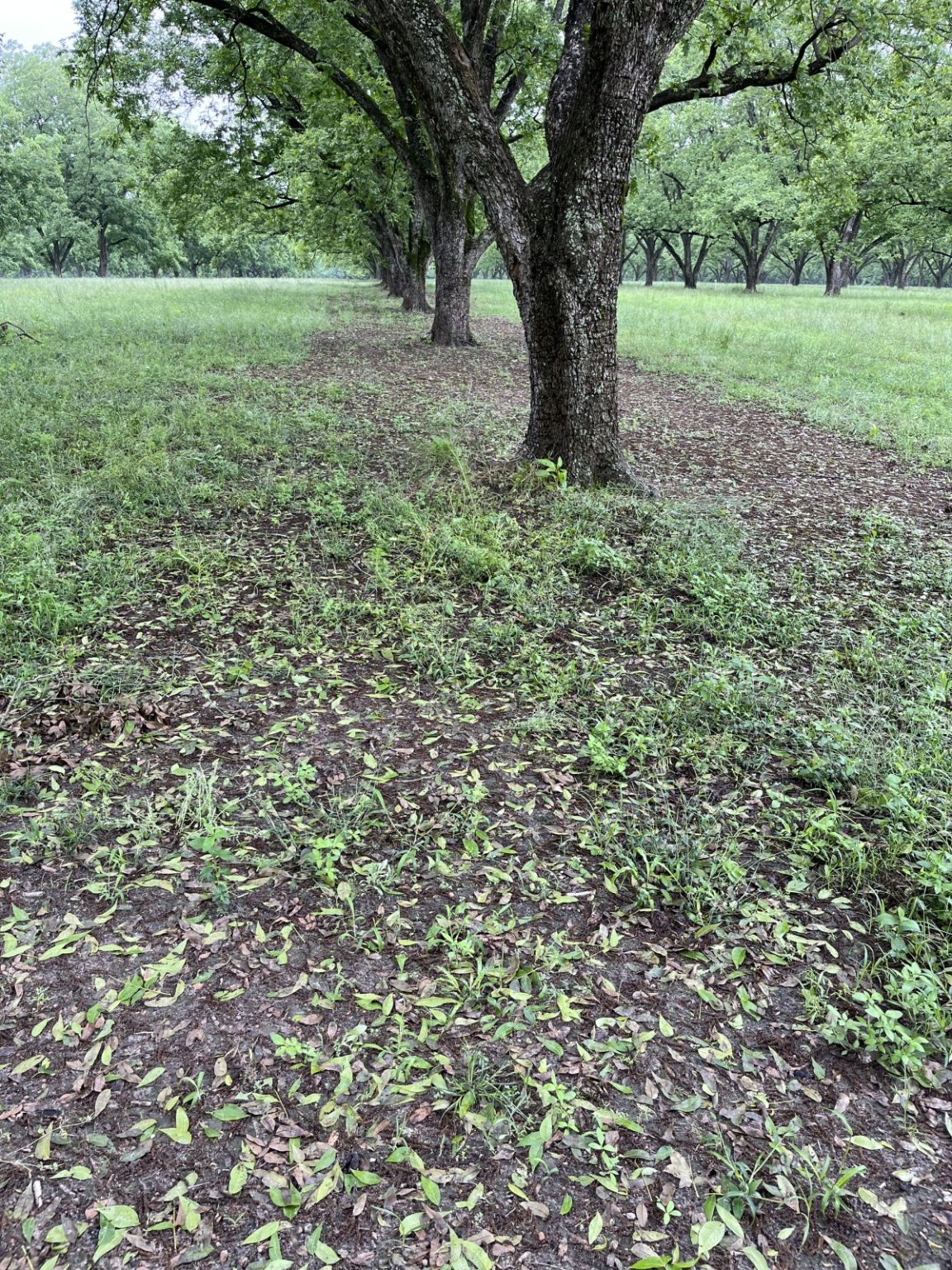By Clint Thompson Summer is winding down across the Southeast. Georgia’s specialty crop producers will remember this year to be a mostly wet and hot summer, though, those conditions vary throughout the state. The increased rainfall caused tremendous scab pressure in some pecan orchards. The heat also reduced potential harvests for some of the watermelons produced. Pam Knox, University of …
One or Two More Sprays Needed for Pecan Scab Disease
By Clint Thompson Pecan season is nearing harvest time for growers in Georgia and Alabama. But that doesn’t mean producers should skip any fungicide sprays for scab disease these last few weeks of the season. Lenny Wells, University of Georgia Extension pecan specialist, highlighted the need for scab management with harvest just a few weeks away on the earliest varieties. …
Georgia Pecan Referendum Passes
By Clint Thompson The approved referendum for the Georgia Pecan Commission will help further the state’s status as a leader in pecan production. Lenny Wells, University of Georgia Extension pecan specialist, explains why the referendum passing at 82.7% is a win for Georgia’s industry. “The pecan industry, compared to most other crops, we are still in the dark ages as …
Improved Fungicides Aiding Pecan Producers Against Scab Disease
By Clint Thompson The wettest summer in 20 years has made scab disease control essential for pecan producers in the Southeast. Lenny Wells, University of Georgia Extension pecan specialist, believes the crop would be impacted more if not for the improved fungicides available to growers. “This is one of the wettest summers I can recall. Probably the worst years I …
Fungal Pathogen Impacting Primarily Stuart Pecan Variety
By Clint Thompson University of Georgia (UGA) Extension pecan specialist Lenny Wells cautions growers about a fungal pathogen that primarily affects Stuart varieties. Wells noted in the UGA Extension Pecan Blog about leaf drop that is associated with a dying or browning of the terminal leaflets of compound leaves which progresses backward toward the base of the leaf. It eventually …
Whitefly Populations Remain Low
By Clint Thompson Whitefly populations remain low across the Southeast. Fall vegetable growers have the Christmas freeze event last December to thank for that, believes Stormy Sparks, University of Georgia (UGA) Extension vegetable entomologist. “I think that’s a lot of it. We’ve had some wet weather, too, but I think that’s a lot of it. It knocked them way back. …
Chlorpyrifos Clarification: Insecticide Can Be Applied to Non-Bearing Peach Trees
By Clint Thompson Chlorpyrifos can legally be used to manage peachtree borers in late variety orchards that are not being harvested or were harvested early. Brett Blaauw, assistant professor at the University of Georgia (UGA) College of Agricultural and Environmental Sciences, confirmed the news in the UGA Extension Peach Blog. “As long as they don’t expect to harvest fruits within …
UGA Ag Climatologist: Peak Hurricane Season Starts Mid-August
By Clint Thompson Specialty crop producers should be aware that the peak hurricane season is approximately a month away. Weather experts have already increased the number of hurricanes expected this year. The current warm waters felt in the Gulf of Mexico and Atlantic Ocean are reason for concern in the Southeast. Pam Knox, University of Georgia Extension agricultural climatologist, discussed …
Time is Now to Leaf Sample Pecan Trees
By Clint Thompson Pecan producers in Georgia and Alabama should be mindful that the time is now to leaf sample their trees, according to University of Georgia Cooperative Extension pecan specialist Lenny Wells. Growers should leaf sample between July 7 and August 7 every year. Samples will help growers determine their trees’ fertilizer needs for next year. “It’s the time …
Peach Tree Management: Growers Should Manage Borer Insects
By Clint Thompson Peach tree growers suffered through a disastrous season due to unforeseen weather conditions in February and March. Despite those various challenges, producers need to continue maintaining their orchards for future yields. This is especially true for insects like peachtree and lesser peachtree borer, says Brett Blaauw, assistant professor at the University of Georgia (UGA) College of Agricultural …










